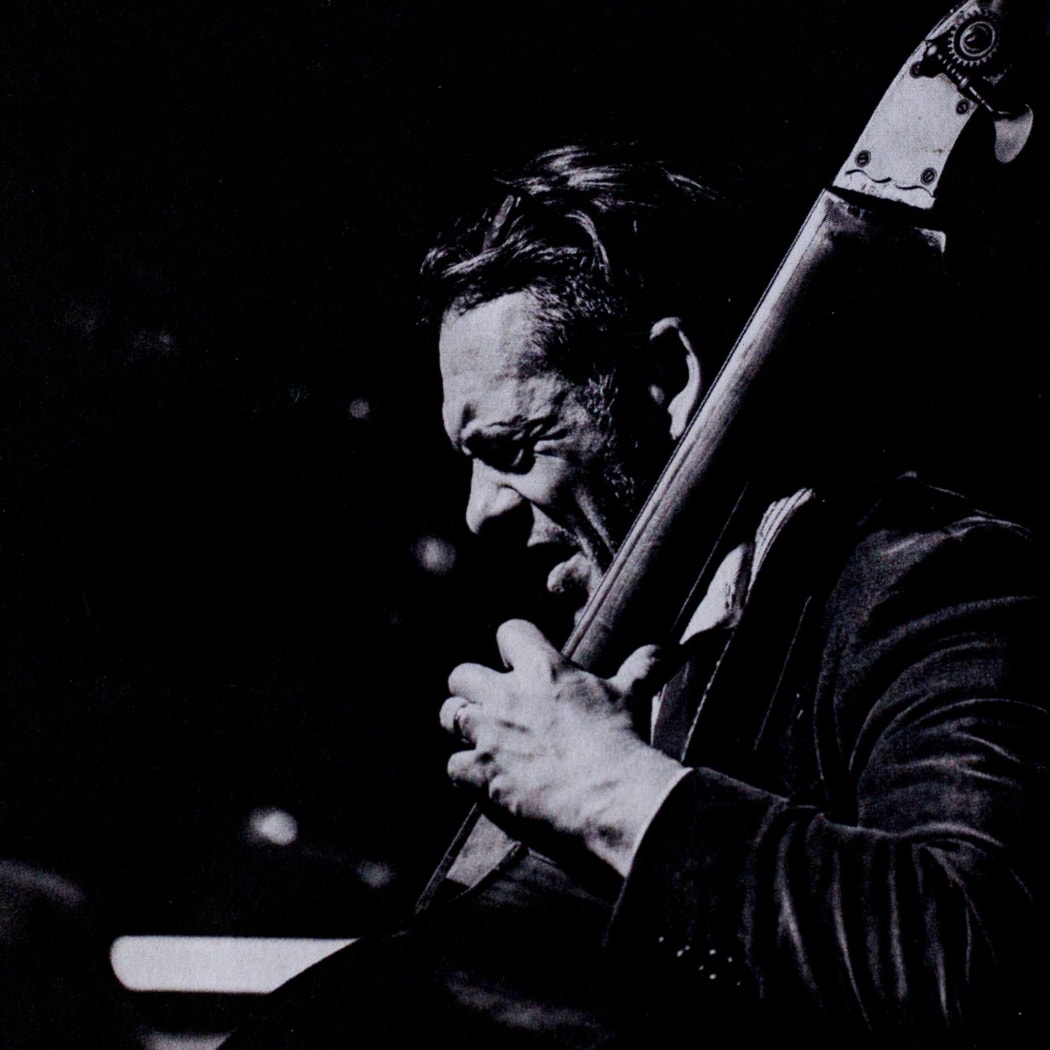Nick Bollinger celebrates the jazz soul of expatriate bass player Jonathan Zwartz.

Jonathan Zwartz Photo: Henry Zwartz
Jonathan Zwartz is a double bass player, originally from Wellington. He’s one of the very best you’ll hear anywhere, and if his name is not familiar it’s probably because for the past few decades he’s been doing his work in other parts of the world, returning here for the occasional gig with the likes of Mike Nock, or to produce an album for Whirimako Black.
His own latest album was recorded in Sydney with the group of mostly Australian musicians he’s worked with for many years, and it’s a thing of beauty.

Animarum Photo: supplied
Animarum is a jazz album, only it defies just about any stereotype associated with that descriptor. Yes, it’s an instrumental set, partly improvised, and the playing is at a virtuoso level. Only these qualities - by which jazz is usually judged to be jazz - are almost the last thing one notices.
If the players Zwartz has assembled are individually superb, it’s the sound they create as a group that is beautiful. It’s warm, gentle and deep, as though these gorgeous chords aren’t being blown or struck or plucked, so much as vibrating together, like a breeze on a lake.
Though there’s no singing, there’s a strong sense in which these are songs. All eight pieces were written by Zwartz, and you can hear in his tunes little nods to the music he loves. Not just the great jazz composers like Charles Mingus (echoes of whom can be heard in the way he voices horns) but also the gospel-soul of giants like Aretha Franklin.
At other times it might be some whisper of Joni Mitchell I hear blowing across that lake.
There’s a more obvious nod to influences in the tune he calls ‘Milton’ - as in Milton Nascimento, I presume - which takes its mood and its groove from the great Brazilian artist, though again the spare trumpet and trombone melody has echoes of something else: a Burt Bacharach record from the 60s.
Funnily for a bass player’s album, Zwartz’s bass is seldom featured here as a solo instrument, though its gorgeous chocolate tone sings through the whole thing. One of my favourite moments, though, is in the title track where the bass is at its most prominent, though not alone. It engages in conversation with the lovely lyrical piano of Barney McAll.
A mark of the maturity of the musicians Zwartz works with is the lack of apparent ego on display. There’s no cutting contest here, no sense of players competing to get their licks in or zoning out while they wait for their solo. They are together, in the moment, throughout.
Not that they aren’t ready to raise their voices when the music requires it. On ‘Julien Wilson’s Sound Of Love’ saxophonist Julien Wilson plays an exquisite solo - not flamboyant but aching and vulnerable, even in its virtuosity. It’s as though Zwartz wrote it just to hear Wilson bare his soul.
Soul is a word that, even more than jazz, seems to define this music. And it’s something Jonathan Zwartz has evidently been thinking about too. An epigraph on the cover quotes Walt Whitman – ‘this is thy hour O soul, thy free flight into the wordless’ – while Zwartz has given his album the title Animarum.
I had to look it up.
It’s a Latin word, which translates as ‘the care of souls’. I hear a lot of soul on this album, and perhaps an even subtler thing: souls caring for each other.

